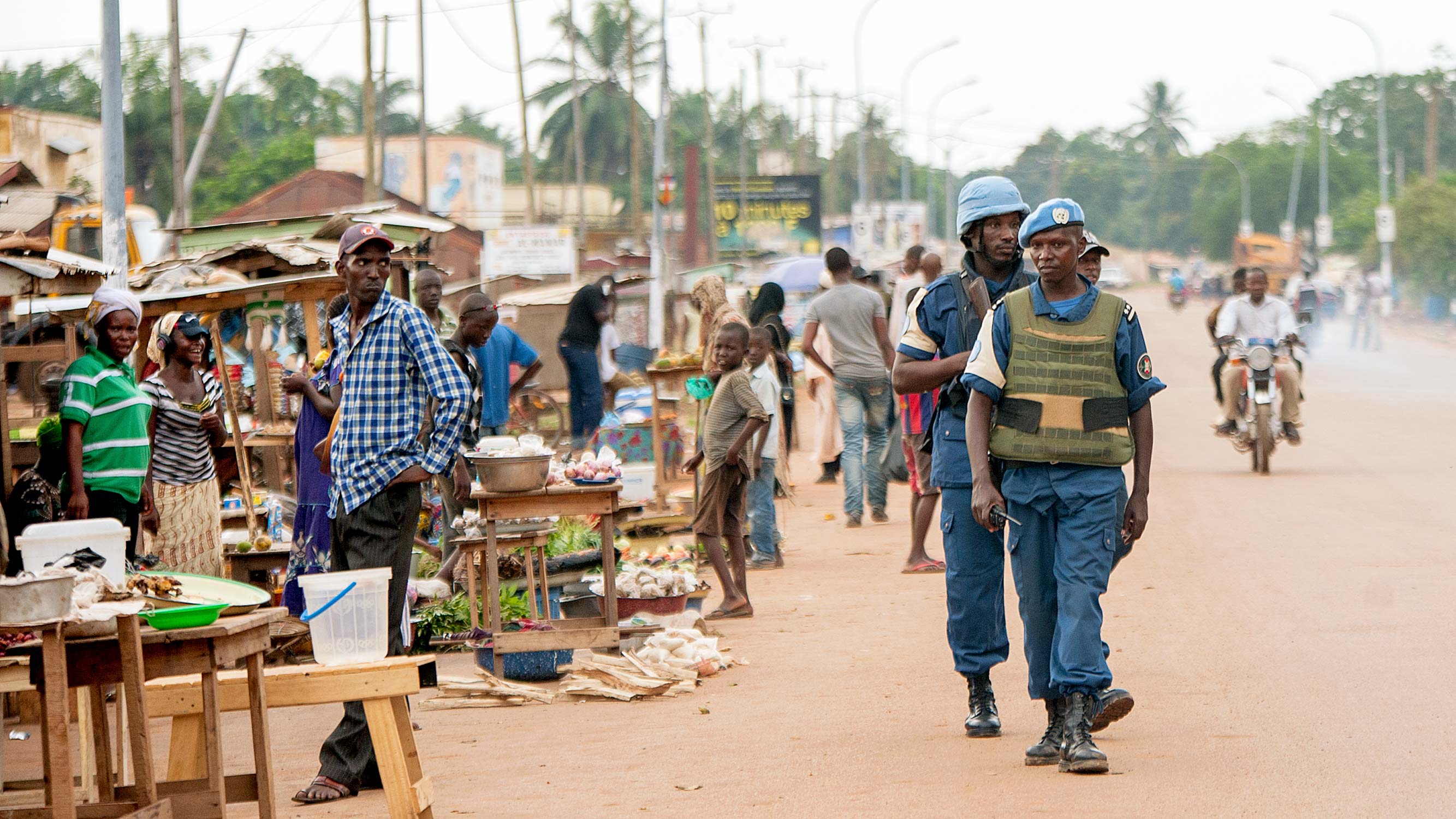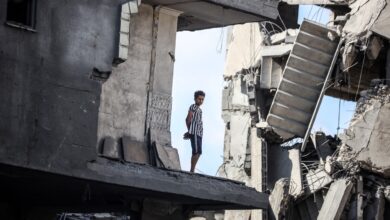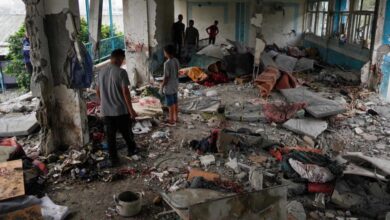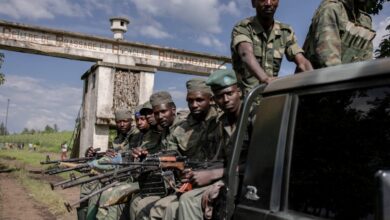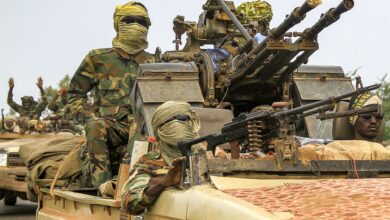The United Nations Security Council on Friday, November 15 extended the mandate of the MINUSCA peacekeeping mission in the violence-plagued Central African Republic for another year.
The decision comes two months after four U.N. Senegalese peacekeepers died after their Russian-made Mi-35 helicopter crashed during an operation against the 3R militia.
The mandate maintains the authorization for the presence of 11,650 troops and 2,080 police in Central African Republic in order to protect civilians and foster stability. In September, 10,821 troops, 319 staff officers and 2,69 police were deployed.
It is also authorized to help facilitate presidential, legislative and local elections scheduled for 2020 and 2021.
The Security Council unanimously renewed MINUSCA’s mandate until November 15, 2020.
It is the first mandate renewal since 14 armed groups reached a peace agreement with CAR’s government in February. That led to the formation of a new government that includes representatives of the groups.
In September, the Security Council approved the easing of a total arms embargo on the Central African Republic for the first time since 2013. It authorizes the country’s security forces to be supplied with weapons of a calibre of 14.5 mm or less, and the U.N. sanctions committee can also approve supplies of other arms and lethal equipment and related materiel.
But in October, President Faustin-Archange Touadera asked his Russian counterpart Vladimir Putin to extend military aid and work to overturn the arms embargo.
A divided country
One of the world’s poorest and most unstable nations, CAR has suffered several violent crises since 2003 when former president Francois Bozize seized power in a coup.
Fighting broke out between the Seleka, a coalition of mainly Muslim rebel groups, and the mainly Christian anti-balaka militia in 2012. A peace deal was signed in January 2013, but Seleka rebels captured the capital Bangui that March and ousted Bozize.
The Seleka was officially disbanded within months, but many fighters refused to disarm, becoming known as ex-Seleka. Many others joined the anti-balaka militia to fight the Seleka, leading to a spiral of violence between groups along religious and ethnic lines.
By the end of 2014, CAR was de facto partitioned – anti-balaka in the southwest and ex-Seleka in the northeast.
Fighting has since forced nearly a quarter of the country’s 4.5 million people to flee their homes and rival militia groups control most of the country.
Elected in 2016, President Faustin-Archange Touadera’s weak government controls around a fifth of the country and relies heavily on the U.N. peacekeeping mission, MINUSCA, for support. The rest is controlled by at least 14 different militia groups who often fight each other for revenue from extortion, roadblocks or mineral resources.
Central African Republic asks Russia to ‘intervene’ on UN arms embargo

